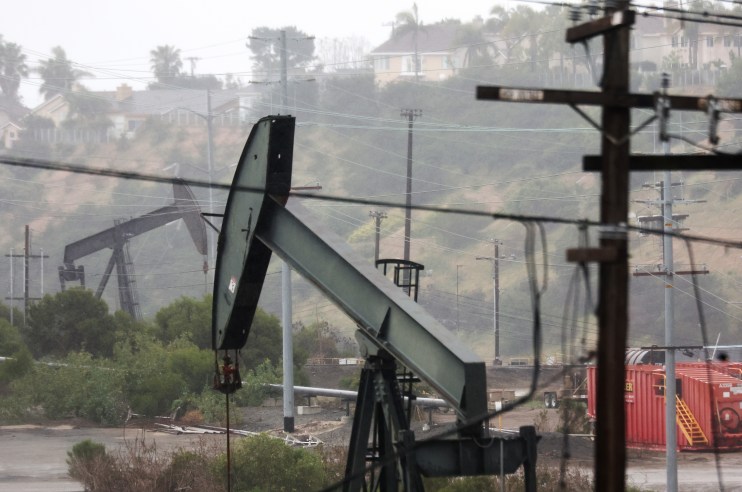Oil prices rise above $120 milestone as China finally lifts oppressive lockdown measures

Oil prices breached the $120 milestone today – hitting a two-month high as China eased heavy pandemic restrictions, and the EU committed in principle to a ban on Russian oil.
Brent Crude climbed 1.88 per cent to $121.70 per barrel, while WTI Crude rose 1.82 per cent to $117.70, even with trading muted due to a public holidat in the US.
The hikes across both major benchmarks built on solid gains made last week – with prices remaining elevated amid the prospect of rebounding consumption demand.
Shanghai announced an end to its two-month-long COVID-19 lockdown, allowing the vast majority of people in China’s largest city to leave their homes and drive their cars from Wednesday.
Combined with rising demand this summer for gasoline, diesel and jet fuel as people embark on holidays and travel, this has boosted investor confidence in oil prices over the coming months.
On the supply side, the EU is inching towards sanctions on Russian oil – even if the bloc remains unable to win over Hungary’s approval – with the 27 leaders agreeing principle for sanctions on the energy source.
Underscoring market tightness, the Organization of the Petroleum Exporting Countries and allies including Russia, a group dubbed OPEC+, are set to rebuff Western calls to speed up increases in output when they meet on Thursday.
They will stick to existing plans to raise their July output target by 432,000 barrels per day, six OPEC+ sources told Reuters.
Summarising the market climate, Craig Erlam, senior analyst at OANDA said: “The lockdowns in China have countered some of the supply shortages in recent months and stopped oil prices from rising too far but with restrictions lifting and the EU closing in on a Russian import ban, we could see Brent back at the early March highs. This doesn’t bode well for the global economy or inflation and if anyone is hoping OPEC+ step in this week, they’re setting themselves up for disappointment.”
However, Commerzbank painted a more gloomy picture for oil markets, with Commerzbank analyst Carsten Fritsch noting that China’s zero-Covid policy remains in force, meaning lockdowns could easily be reinitiated if cases rise again.
He also considered the EU’s “compromise solution” for banning Russian oil, where it exempts piped supplies, as lacking potency.
He said: “If any such watered-down oil embargo is put in place, Russia is unlikely to find it all that difficult to sell its oil to other consumers, primarily in Asia, meaning that the effects on the oil market should be limited.”